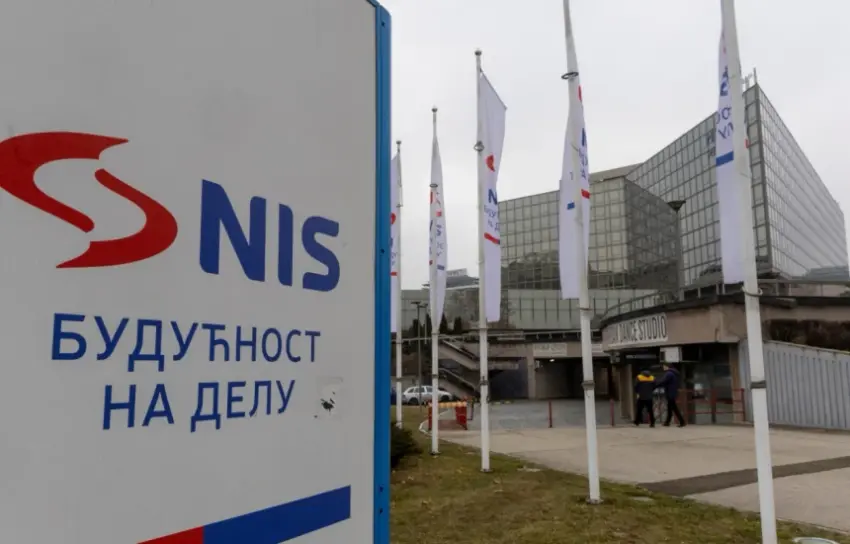Serbia faces uncertainty in its energy sector as the start of the heating season on October 15 approaches. In just one week, the country received two major developments that raise questions about energy security:
- The United States imposed sanctions on Serbia’s National Oil Company (NIS) due to its majority Russian ownership.
- Russia extended its gas agreement with Serbia only until the end of 2025, rather than the three-year extension expected by Serbian authorities.
US Sanctions on NIS
The National Oil Company of Serbia (NIS), the country’s sole firm involved in oil exploration, production, and refining, has been under US sanctions since October 9. The sanctions aim to prevent funding of Russia’s war in Ukraine through revenues from Russian energy companies.
According to Serbian President Aleksandar Vučić, US officials suggested that Serbia nationalize NIS to avoid sanctions, a proposal Vučić rejected.
Energy Minister Dubravka Đedović Handanović expressed concern over the lack of a business management plan from NIS following the sanctions:
“We expected to hear a plan for the next several months, but unfortunately, we did not. This is worrying.”
Gas Supply Uncertainty
Serbia heavily relies on Russian gas, especially for district heating, which powers most households during the winter. Initially, officials expected a new three-year gas agreement with Gazprom, importing 2.5 billion cubic meters per year. Instead, Russia extended the contract only until the end of 2025, sparking concerns about energy availability and stability.
Economist Ljubodrag Savić downplayed fears of shortages, calling Russia’s decision a tactical political move:
“If Serbia respects Russian interests in NIS, there is no risk that the gas agreement will not be extended after the New Year. Russia’s interest is both political and economic.”
Official Reactions
On October 13, after meeting with Gazpromneft CEO Alexander Dyukov and Russian Deputy Energy Minister Pavel Sorokin, President Vučić assured citizens that there would be no shortage of oil or oil derivatives, and no energy crisis is expected.
Belgrade power plants, which rely primarily on gas (98.46%) for heating, have confirmed fuel reserves for 15 average heating days under the Energy Act, mitigating short-term risk.
Meanwhile, Srbijagas and Srpska elektroprivreda have not provided statements regarding potential impacts of sanctions on gas and electricity supplies.
Serbia Between Two Fires
Serbia’s energy policy remains delicately balanced between Russia and Western pressures. Despite EU and US calls to join sanctions against Russia, Serbia has maintained close energy ties with Moscow.
Savić notes:
“US sanctions aim to reduce Russian influence globally and target Serbia’s role in supporting Russian energy revenues. Serbia’s reliance on Russian energy underpins much of its independent foreign policy stance.”







